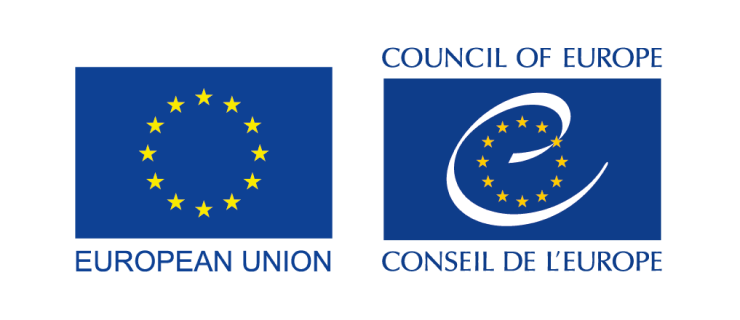International Organisation Resource
Active learning methods and enquiry-based learning for history educators, Seminar Report, Belgrade, 5-7 March 2001
Maria Luisa de Bivar Black • Council of Europe • 2001
Levels and forms of education
Lower Secondary Education
Upper Secondary Education
Teacher Training
Resource type
Reports
Event Summaries
Historic approaches concerned
Other Approaches
Historic period
No data
Countries or areas concerned
Europe, Southeastern Europe, Eastern Europe
Languages
English
Description
Included in the activities approved by the Stability Pact, this seminar was organised by Directorate General IV – Education, Culture and Heritage, Youth and Sport of the Council of Europe, and EUROCLIO, the European Standing Conference of History Teachers’ Associations, and was held in the Institute of Educational Research in Belgrade, whose staff was responsible for the local organisation and selection of participants. The session was opened and chaired by Dr Snezana Josimovic of the Institute of Educational Research, who thanked the Council of Europe and EUROCLIO for the effort in organising this seminar in such a short time and referred to the need felt by educators in Belgrade to share experiences with experts from other European countries. Ms Alison Cardwell, on behalf of the Council of Europe, gave a general picture of the aims of the Council of Europe, its main activities, and informed the participants that the Federal Republic of Yugoslavia had just signed the European Cultural Convention and could now take part fully in the Organisation’s activites in education, culture and youth. Ms Cardwell then explained the involvement of the Council in the reform of history teaching, which includes the organising of seminars in different countries, on history teaching and curriculum reform and the support of textbook publishing. She spoke about the project on «Learning and teaching about the history of Europe in the 20th Century History in secondary schools» and its outcomes that will be very soon published and disseminated. Further, Ms Cardwell explained the importance of the Stability Pact for the region, in enabling the organisation of such seminars, which had been launched following the Conference on “The initial and in-service training of history teachers in South East Europe” (Athens, September 2000), the enormous work of preparation and coordination that it involved, and of the possibilities for future events and initiatives.
Keywords
Active Learning
Council of Europe
Enhanced Graz Process
Belgrade
Teacher training
